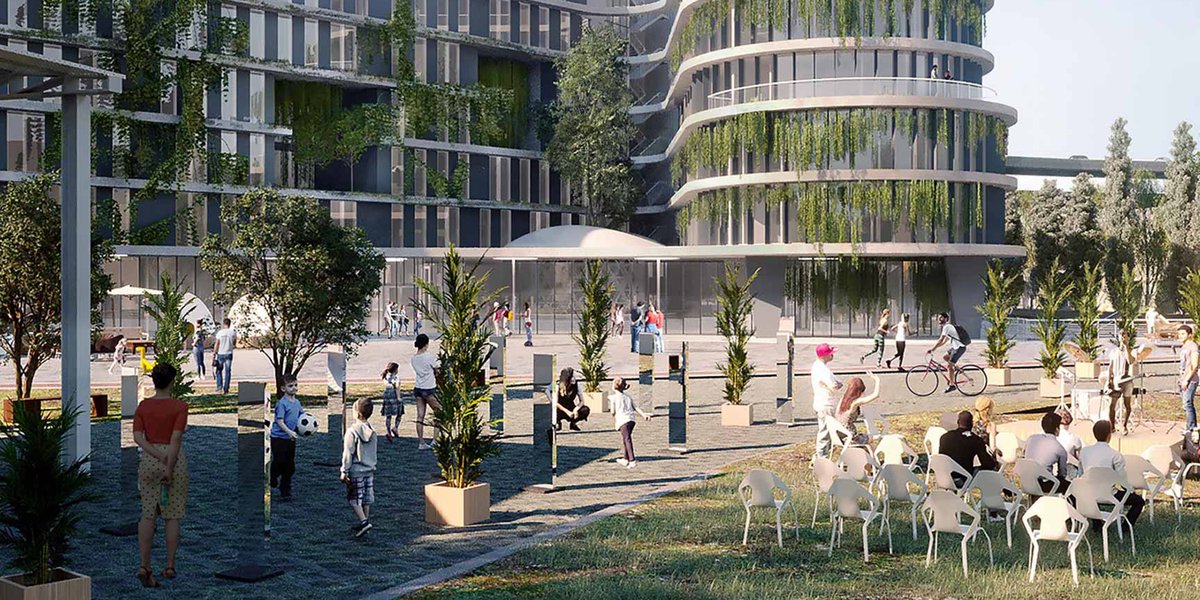We’ve always been deeply committed to hostels and hybrids and are proud to have so many using our platform – over 200 properties and 100,000 beds to be more precise – but what many hoteliers don’t always appreciate is that hostelry is one of the toughest arenas in hospitality…
NB: This is an article from Pace Revenue, one of our Expert Partners
It goes without saying that it’s exciting to be a tech company using data science to solve technically tricky problems and hostels and hybrids are cases in point. For example, a typical hotel may have 200 rooms, fixed products and relatively stable demand. Hotel booking curves also tend to be nicely elongated and we can rely on certain patterns forming (cough…Covid pandemics excluded…cough).
Subscribe to our weekly newsletter and stay up to date
In contrast, hostels and hybrids can have over ten times the range of inventory and things get complex quickly. Beds and rooms are competing under the same real estate. A room for a female is not the same as a bed for a male, which is not the same as a coworking space for a small team. Hopefully you get the jist – the permutations of products can sometimes seem endless.
Unfortunately, there is still a perception that revenue management – or let’s call it a deep focus on decision intelligence – is only necessary above a certain revenue threshold and designed for room based hotels. This couldn’t be more untrue!
What is slightly true, however, is that most revenue management systems don’t support smaller properties of under a couple of hundred units. That’s old school. Just so you know – when it comes to good data science, a strong algorithm can produce great results above around 10 units (below that the data just gets too thin). So come one come all!

We’ve also entered an era where hostels have become hybrids…and hybrids are the hot thing. We now have all these different types of hybrid players including The Student Hotel and Sonder who have moved beyond simply diversifying point of sale inventory and offering different accommodation categories within the same real estate.
The next few years will see massive growth in the space and with that we need a renewed understanding of having multiple types of inventory for so many different audiences. Brian Chesky of Airbnb talked a lot about it recently – how the pandemic and the need for flexibility has accelerated the blending of home and work spaces, particularly among young people or the merging of business and leisure into so-called ‘bleisure’. In fact, he believes the systemic negative impact to hospitality over the next few years as a result of the pandemic will be far outweighed by the opportunities presented by this new flexibility where the home is becoming less of a nucleus. We agree – we’re already seeing an explosion in demand for hybrid properties that facilitate this blended and remote model.
Unique challenges
It’s clear that hybrids face unique challenges that include the complexity of different types of inventory in the same building but they also have particularly demanding customers as millennials expect things to be online, mobile and to ‘just work’…all seamlessly.
So how can hostels/hybrids play to their strengths? There’s a few things that we think you need to be doing if you want to effectively harness the opportunities out there.
- Data has to be your north star
Given that everything is so much more complex, you need to lean more and more into the data. That means having de facto live data that automatically updates and business intelligence to be able to harness and analyze that data.





